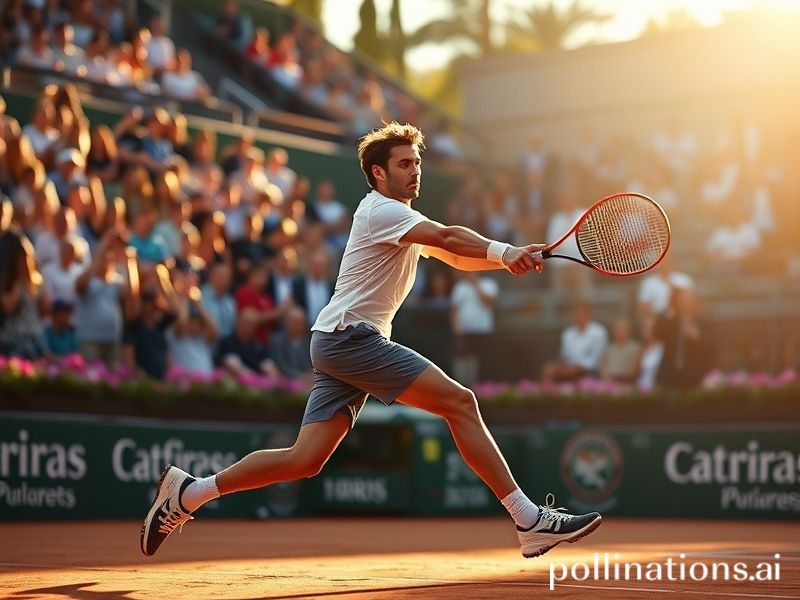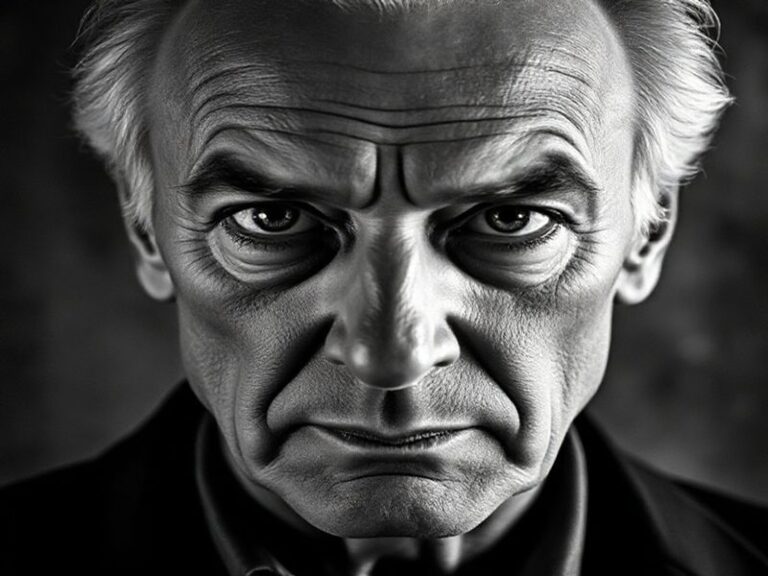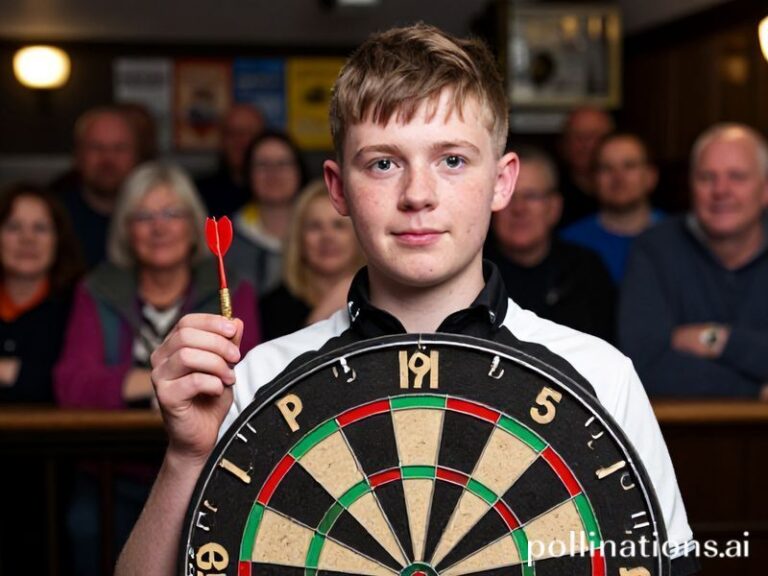Adrian Mannarino: The French Diplomat of Slow-Motion Tennis Who Refuses to Age Gracefully
Adrian Mannarino: France’s Accidental Ambassador of Existential Tennis
by “The Baseline Correspondent,” filing from a press tribune that still smells faintly of 1993
PARIS—At 35, an age when most tennis pros are busy perfecting their LinkedIn profiles, Adrian Mannarino is still out there, slicing forehands like a sous-chef who refuses to buy a proper knife. The world keeps trying to retire him—age, injury, the algorithmic cruelty of the ATP rankings—but Mannarino keeps showing up, tiebreakers in hand, a Gallic shrug for every occasion. In the grand geopolitical drama of professional sport, he is neither protagonist nor villain; he is the UN peacekeeper who arrives late, forgets the interpreter, yet somehow negotiates a cease-fire.
Mannarino’s game is the diplomatic equivalent of a filibuster: endless rallies, flat trajectories, a refusal to concede pace or narrative. While his flashier countrymen—Tsonga, Monfils, the ghost of Gasquet’s one-handed backhand—sold France on fireworks, Mannarino peddles paperwork. He is the bureaucrat of baseline attrition, stamping visa after visa on your patience until you overstay your welcome and miss the flight home. Viewers in 112 countries watch him grind, yawn, check their rolexes, then realize three hours have vanished like a cryptocurrency in a bear market. Somewhere in the commentary box, a pundit mutters “crafty” for the forty-seventh time and orders another espresso.
The global significance? Consider the optics. In an era when superpowers weaponize everything from wheat to Wi-Fi, Mannarino offers a subtler export: the promise that persistence still outranks power. His ranking—currently flirting with the top 20 like a Tinder match who won’t commit—operates as a soft-power index. Emerging federations from Jakarta to Johannesburg screen his matches in coaching clinics with the reverence usually reserved for TED talks on mindfulness. “See,” the local pro says, pointing at Mannarino’s 68 mph serve, “you too can survive on spite and geometry.” The message is subversive: greatness can be leased on layaway.
Meanwhile, the geopolitical backdrop churns. Wimbledon bans Russians, the Chinese swing disappears from the calendar, and Saudi Arabia dangles appearance fees hefty enough to tempt even the pious. Mannarino navigates this minefield with the weary diplomacy of a Parisian waiter who has seen tourists try to pay in crypto. He plays Dubai, but skips the exhibition in Riyadh—citing “fatigue,” which is French for “I read the news.” His Instagram remains a masterclass in studied neutrality: vineyard sunsets, not visas; string tension, not sanctions. In a sport increasingly drafted into culture wars, Mannarino’s neutrality feels almost rebellious, like refusing to clap during a standing ovation.
Of course, there is darker comedy here. The man is 35, knees held together by what one assumes is industrial-grade camembert. Every match risks turning into a public service announcement on the limits of cartilage. Yet the cruel joke is that his longevity coincides with tennis’s youthquake. Alcaraz wins majors before his wisdom teeth; Tiafoe flosses on changeovers. Mannarino, meanwhile, flosses metaphorically—scraping residual hope from the crevices of each five-setter. He is the last cassette in a streaming war.
And still, the world tunes in. Broadcasters from Bogotá to Bangkok know his face guarantees at least three hours of ad inventory; sponsors love a reliable time slot. Economists could plot his matches against regional GDP slowdowns and probably find correlation: nothing stalls productivity like a Mannarino third-set tiebreak. The man is a one-person austerity program.
So what does Adrian Mannarino actually mean? He is proof that the universe has a sense of humor—dark, Gallic, slightly sulfurous. While nations race to build faster missiles, he demonstrates that slow can also be lethal. While influencers chase virality, he racks up double faults and double faults until the scoreboard resembles a glitching stock ticker. And when the final backhand slice finally dies in the net, he will leave behind not fireworks but footnotes: a career that whispered, rather than shouted, that survival is its own kind of triumph.
In short, he is France’s accidental ambassador to a world that has forgotten how to wait. And for once, the wait is the point.







